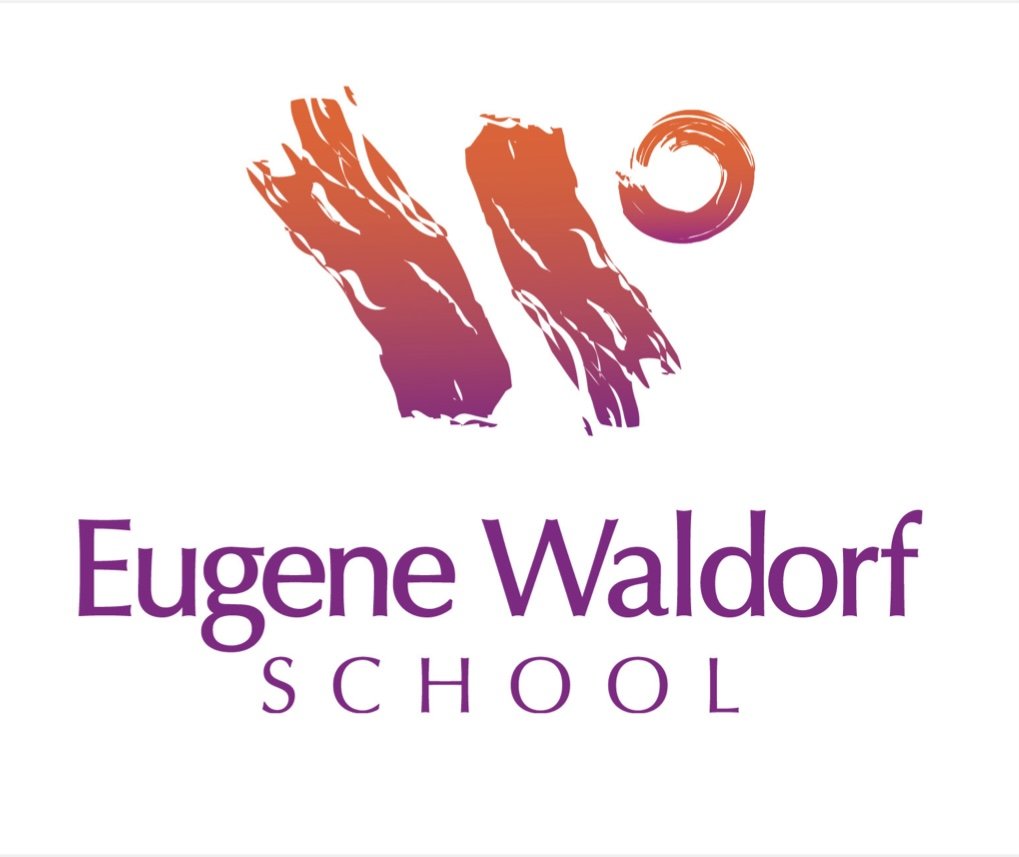
“Students must have initiative; they should not be mere imitators. They must learn to think and act for themselves - and be free.”
— Ceaser Chavez, American Civil Rights Activist and Co-Founder of the National Farm Workers Association
Equity, Diversity, & Inclusion at EWS
For the past three years, parents and faculty at EWS have worked to engage the EWS community in conversations about equity, diversity, and inclusion, (EDI). This process has included the creation and adoption of a Statement of Equity, Diversity, and Inclusion (see below), workshops and presentations by local organizations working toward equity and parent, faculty and staff book study. As part of this process, the Community Inclusion Committee, Parent Collective, College and Board have collaborated with Alma Partners, an EDI consulting firm that works specifically with Waldorf School across the country, to create an Equity and Inclusion Assessment for our school. We look forward to continuing the work of creating a more equitable, diverse and inclusive community at our school. Please check back for further updates on our work!
-
Approved by the Eugene Waldorf School Board and College May 2019
Waldorf Schools uphold principles of respect for human rights and the diversity of humankind. The Eugene Waldorf School believes the pursuit of inclusivity and equity is a journey of both moral and educational importance. Our school strives to bring these core principles to life and works actively to ensure our curriculum and community support them.
Waldorf education is based on Rudolf Steiner’s work. In alignment with the principles of his philosophy, and along with other schools and associations from around the world, we support the following statements from the Stuttgart Declaration, which was adopted by the General Assembly of the German Association of Waldorf Schools in Stuttgart on October 28, 2007:
Racist or discriminatory tendencies are not tolerated in Waldorf schools or Waldorf teacher training institutes.
Waldorf schools pursue their pedagogical tasks out of the spirit of human rights, thereby contributing to building a society founded upon mutual respect, tolerance, and cooperation between all human beings.
Waldorf schools do not select, stratify or discriminate amongst their pupils, but consider all human beings to be free and equal in dignity and rights, independent of ethnicity, national or social origin, gender, language, religion, and political or other convictions.
Anthroposophy, upon which Waldorf Education is founded, stands firmly against all forms of racism and nationalism.
Waldorf schools recognize that the richness inherent in a school community is built upon the synergy between both curriculum and students studying that curriculum. To this end, Waldorf schools not only aim to build school communities that are reflective of the larger community in which we are located but also intentionally promote the synergistic interaction between the elements of the community.
Our school acknowledges the history and ongoing impact of social and institutional inequities in our world, our continent, and our institutions. These inequities include—but are not limited to—discrimination on the basis of ability/disability, age, color, ethnicity, gender expression, gender identity, marital status, national origin, neurodiversity, race, religion, sex, sexual orientation, socio-economic status, and veteran status. Consequently, we are mindful that these forms of prejudice and discrimination are obstacles on the path of every child in our country and community.
Our school is committed to working from an anti-discrimination stance that places equity and inclusion at the core of every function of our institution. We are examining our role in both perpetuating and combatting social and institutional inequities. In light of this examination, the Eugene Waldorf School recognizes there exist anthroposophical writings and lectures, including some by Rudolf Steiner, that reflect discriminatory ideas. We specifically reject those ideas as inconsistent with the fundamental principles of Waldorf education; they will not inform practices at our school.
Our school intends to create a learning environment where equity, inclusion, and diversity can live and develop. We will undertake the work necessary to prepare ourselves and our children for the challenges and joys of life in a diverse society. We will align our policies and practices to promote equity and inclusion on all levels, particularly to those voices that often go unheard.

